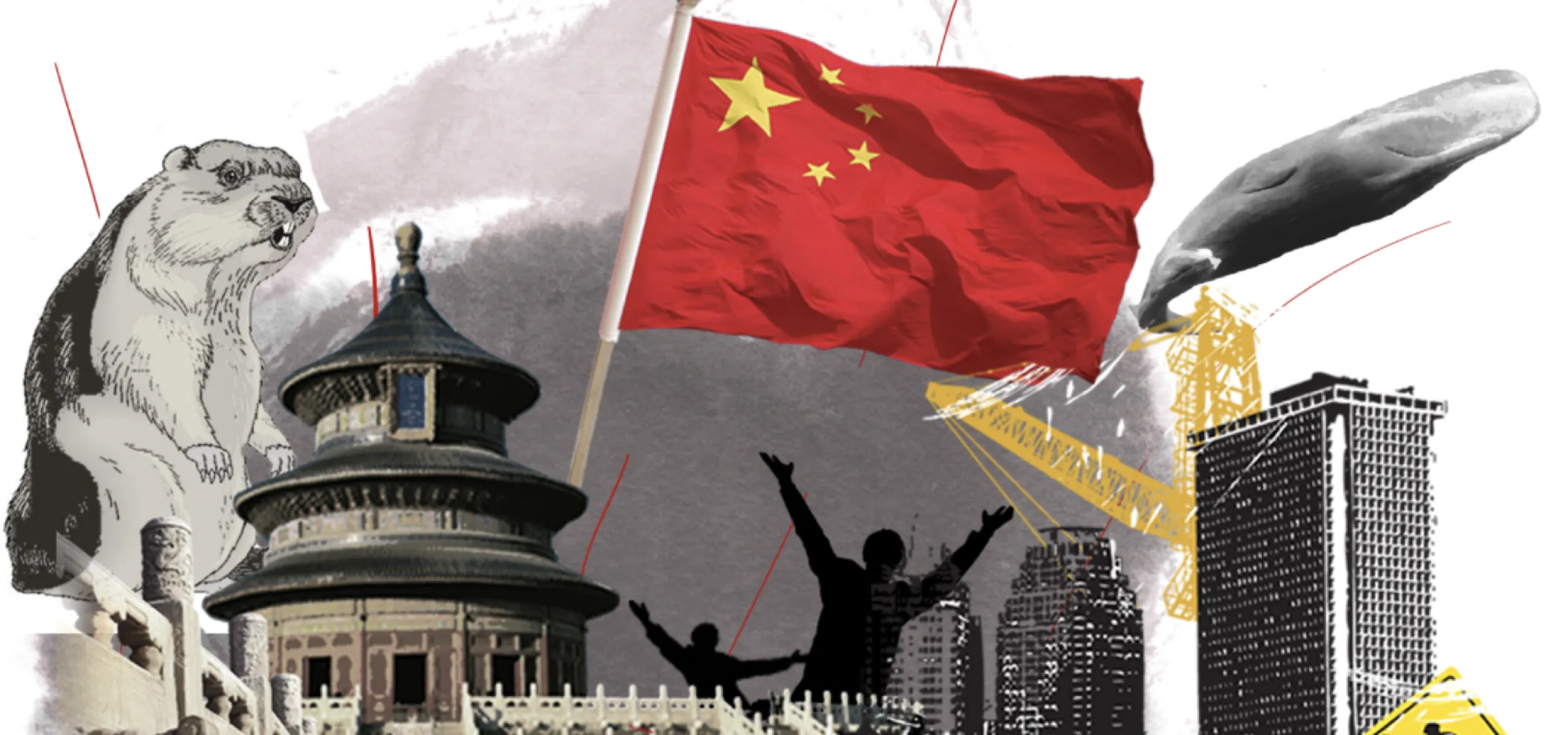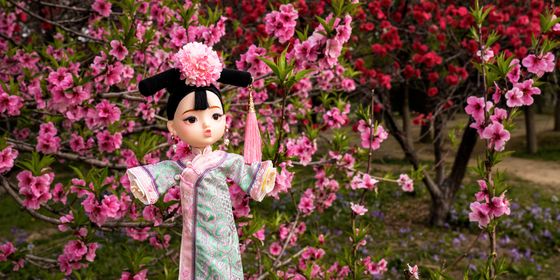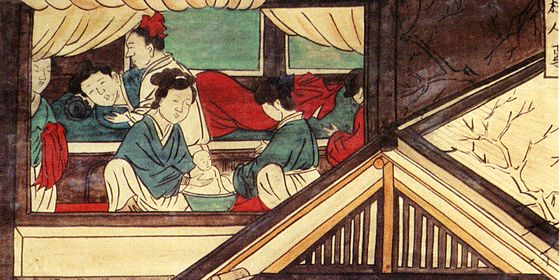From encyclopedia to political pamphlet to standard classroom reading: 70 years in the history of China’s bestselling dictionary
“I slew the wrong goose,” a man complained in his letter to the editors of the Xinhua Dictionary.
It was the 1970s, and the man needed to slaughter a male goose from the flock he had raised. Unable to distinguish the male geese from the females, he consulted the Xinhua Dictionary.
“Goose: A kind of poultry,” it read. “The male goose has a yellow bump on its head.”
Satisfied, he trundled off, plucked out a goose matching the description and brought it home for slaughter. Slicing open its stomach, he immediately cursed the dictionary—as the valuable eggs needed to sustain his flock poured out onto the counter.
While the dictionary entry wasn’t entirely wrong, it hadn’t made clear that all geese have a yellow bump on their heads; males just have larger ones. Sympathizing with the man’s complaint, the editors corrected the error in the next edition.
For better or (in the man’s case) worse, the Xinhua Dictionary has been used as an encyclopedia by people across the Chinese mainland since its inception in 1953. Having published its 12th edition as of 2020, the ever-evolving reference work has sold over 400 million copies, a track record bested only by the Bible and a handful of other religious, political and a few literary texts. So what’s a dictionary doing in the upper echelons of China’s all-time best-sellers list?
Like most of the other top-selling texts, the dictionary propagated a world view. When it was first published, the name Xinhua—literally “New China”—bore the hope of a country reborn. Linguists meticulously wrote and edited the content, which was the first to be compiled in Modern Chinese. Their task was made all the more critical because, in the late 1940s, around 80 percent of China’s population was illiterate. In a way, they were defining not just words, but the future character of public knowledge and ways of thinking.
“My family got their first dictionary in the 1960s,” recalls Qing Zhu, who grew up in the countryside of Jiangsu province. “Before that, we turned to the shizi xiansheng (识字先生, literate man) in our village whenever we needed to write anything.” The dearth of knowledge was such that, in some regions, early editions of the dictionary featured illustrations for entries like “pigeon,” “brain” and “umbrella,” and there was even a manual detailing how various chemical fertilizers should be used.













